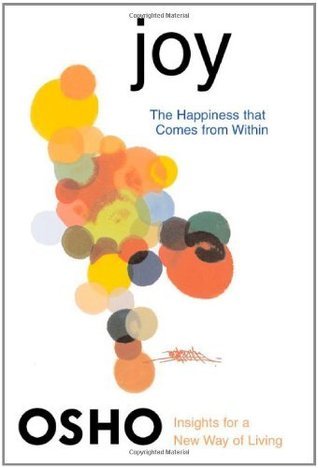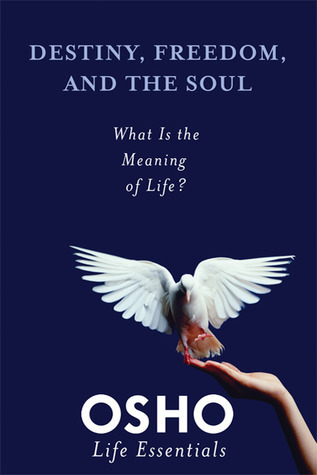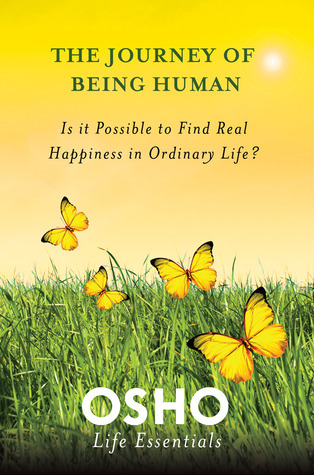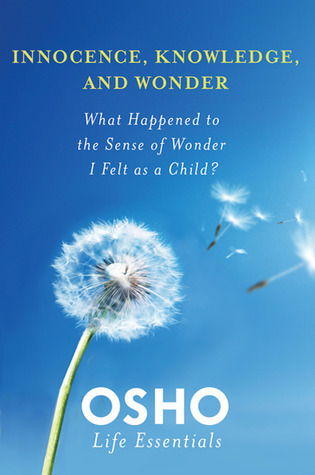
Love, Freedom, Aloneness: The Koan of Relationships
Book Description
What if true love meant embracing your solitude? In "Love, Freedom, Aloneness," Osho takes you on a transformative journey through the intricate dance of relationships. He unveils the paradox of intimacy and independence, challenging the very beliefs that bind us. With powerful insights and provocative wisdom, Osho illuminates the delicate balance between connection and self-discovery. Dive deep into the essence of human bonds, where the heart grapples with the desire for freedom and the need for closeness. Can love thrive in the fertile ground of personal freedom, or must connection come at a cost?
Quick Book Summary
In "Love, Freedom, Aloneness," Osho explores the fundamental tension between the longing for connection and the need for individuality. He challenges traditional views of relationships, suggesting that true love can only blossom when both partners find fulfillment within themselves. Osho argues that people often enter relationships out of fear of loneliness, seeking to fill emotional voids, but this dependency breeds attachment rather than love. Through philosophical inquiry and spiritual guidance, he encourages readers to embrace their aloneness as a pathway to authentic love and self-discovery. The book illuminates the paradoxical dance of intimacy and independence, proposing that personal freedom, inner contentment, and the courage to be alone are essential for any loving relationship to thrive.
Summary of Key Ideas
Table of Contents
Embracing Aloneness as the Foundation of Love
Osho opens by redefining aloneness, shifting from the negative connotation of loneliness to recognizing it as a profound state of self-connection. He contends that most relationships are motivated by fear of being alone, which leads to emotional dependency and, ultimately, frustration or disillusionment. Instead, he urges individuals to cultivate a sense of inner completeness, so that connections with others arise from abundance, not lack. By learning to be comfortably alone, we lay the groundwork for authentic, joyful intimacy.
The Illusion of Dependency in Relationships
The book critiques the common dynamics of possessiveness and attachment in modern relationships. Osho points out that society and tradition have conditioned people to seek security and fulfillment through others, turning partners into emotional crutches or possessions. This illusion of dependency undermines genuine love and often leads to resentment or stagnation. Real love, he suggests, can only exist between individuals who are whole on their own; otherwise, relationships become arenas of need and control.
Balancing Intimacy and Personal Freedom
Central to Osho's wisdom is the paradox between intimacy and freedom. He invites readers to question the belief that closeness must come at the expense of individuality. Osho advocates nurturing both connection and autonomy within relationships, proposing that partners honor each other's space and independence. By relinquishing the urge to control or possess, couples grow towards a higher level of intimacy rooted in mutual respect and personal freedom.
Transforming Love from Possession to Presence
Osho further explores how attachment transforms love into an ego-driven need rather than a celebration of presence. He draws on spiritual teachings to illustrate that real love cannot be owned or forced; it flourishes when it is an unconditional sharing, not a transaction. To truly love, one must be fully present without seeking to change or possess the other. In this way, love becomes an act of witnessing and acceptance rather than a source of bondage or anxiety.
The Spiritual Journey Through Relationships
Ultimately, Osho frames relationships as an opportunity for spiritual growth. He presents the challenges and pains of love not as failures, but as doorways to self-discovery. By embracing both aloneness and togetherness, individuals transcend superficial patterns and move closer to their true selves. Osho's teachings encourage readers to see each relationship as a mirror, reflecting back lessons about freedom, consciousness, and the art of being fully alive.
Download This Summary
Get a free PDF of this summary instantly — no email required.





